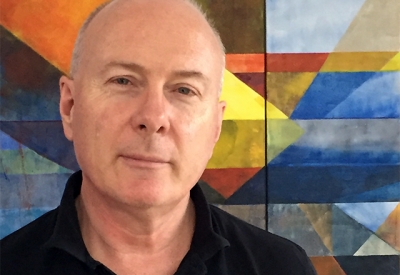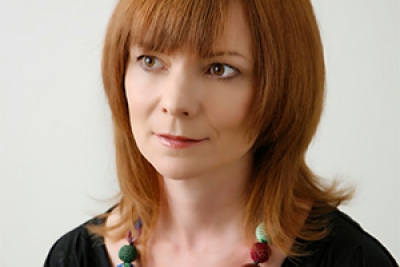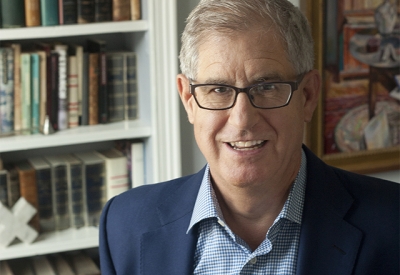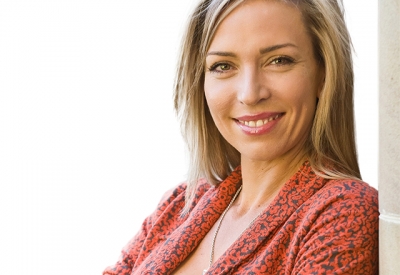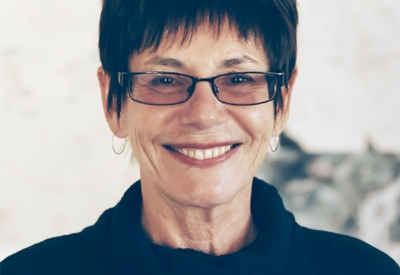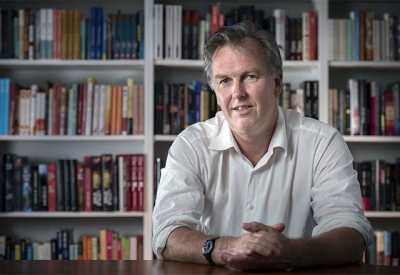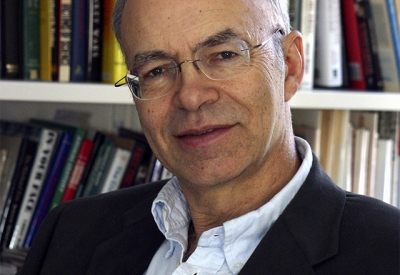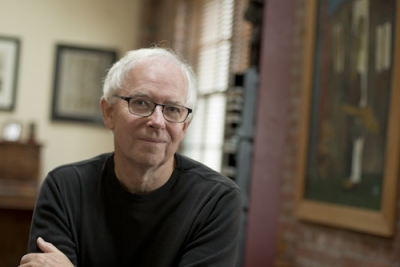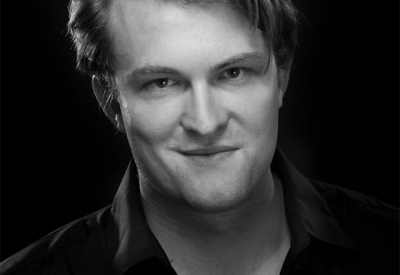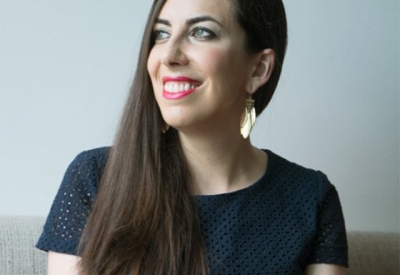Interviews
Which poets have most influenced you? In the 1980s I read Emily Dickinson’s poetry intensively, and I suspect that her superbly compressed work is ingrained within me. In late adolescence I loved the musicality of W.B. Yeats, and later I grew to admire W.H. Auden’s complexities and clarity. I dwelt for a while in the evocations of New Zealander Lauris Edmond. Recently, I have been reading the tensile work of Tusiata Avia with great enjoyment. Many Australian poets, including Judith Wright and Rosemary Dobson, have influenced my writing.
... (read more)Some of Australia’s best writers are also reviewers. I always enjoy the beautifully crafted and perceptive work of Drusilla Modjeska, Mireille Juchau, James Bradley, Lisa Gorton, and Kerryn Goldsworthy, to name just a few. Anwen Crawford is wonderful on music, Kate Kellaway and a.j. carruthers on poetry.
... (read more)After university I knew I didn’t want to do deconstruction; I wanted to be involved with contemporary writing, so I looked for an editorial job and eventually found one, in Boston, which was no longer the Athens of America, in 1973.
... (read more)Which poets have most influenced you? I first fell for the British Romantics: Keats for his sensitivity, and Byron for his humour, both qualities I try to exercise in my own work. Otherwise it’s the Americans of last century: the Moderns, Stevens in particular, and later the West Coast poets. I like to find these poets thinking (and sometimes running) in my poems.
... (read more)There’s no single film I could claim as favourite – among the films I’ve loved are The Royal Tenenbaums, Lost in Translation, Beetlejuice, Birdman, Blue Velvet, Picnic at Hanging Rock, Apocalypse Now, Doctor Strangelove, and All About Eve.
... (read more)In 1979, when I was twenty, I took Vincent Buckley’s poetry seminar at Melbourne University. He introduced us to the work of the Northumbrian poet Basil Bunting, by then in his late seventies. That summer I went to Britain in pursuit of Bunting. In Newcastle I knocked on the door of Bloodaxe Books and explained my mission to Neil Astley, the publisher. It was the first publishing office I had ever been in. I thought: this is what I am going to do. Neil phoned Bunting and I caught a bus to the council estate where he lived. We talked until the light faded. My future had found me. After I came back to Melbourne, I set up Scripsi with Peter Craven.
... (read more)Why do you write? Because I have something to say – and not just to one person, but to as many people as I can reach. And when the writing goes well, I enjoy doing it ...
... (read more)Before I knew about poetry it would have been the Grimms, plus Orson Welles reading ‘The Happy Prince’. Then R.A.K. Mason, Carl Sandburg, Robert Creeley – at which point I developed a taste for clunkiness, awkwardness, tonal non sequiturs, all the way from Wyatt, Hardy, and the weirder parts of Browning, to Frank O’Hara and Stevie Smith. My poetry tastes have always been pretty chaotic: in my reading universe, Lorine Niedecker, John Betjeman, Adrienne Rich, and the Beowulf poet all rub along together.
... (read more)Clive James: the master. Erudite yet accessible; terrifyingly well-read; and pioneering, in treating television as a medium deserving of serious critical attention. Caitlin Moran: her feminist critique of gender politics is accessible and vital; her pop-culture criticism perfectly blends the eye-roll with toe-wriggling enjoyment. Giles Coren: he turned the restaurant review into a roaring, funny, joyous literary art. I have no interest in British restaurants, but if I can't read Giles on a Saturday, I'm annoyed. That's the sign of a great critic. Camilla Long: nobody wields a more deft scalpel on film. Christopher Hitchens: his voice is so strident, so vibrant. He'd be at Trump like a wolf to steak.
... (read more)My first poetic influences were all American, due to the fact that I spent my critical early reading years in the United States. My poetic imagination is steeped in the disjecta membra of poets like Bishop, Stevens, Bogan, Dickinson, Ammons, Lowell, Moore, Hughes, Rich, and Eliot; I couldn’t erase their presence if I tried. Bishop, in particular, is a poet I never tire of – her forensic eye and tremendous command of the line are extraordinary. Beyond those earliest influences, there are too many poets to begin naming names, for fear of never stopping. Recently, I’ve been blown over by the exquisite, savage poems of Pascale Petit, particularly those in Fauverie.
... (read more)

